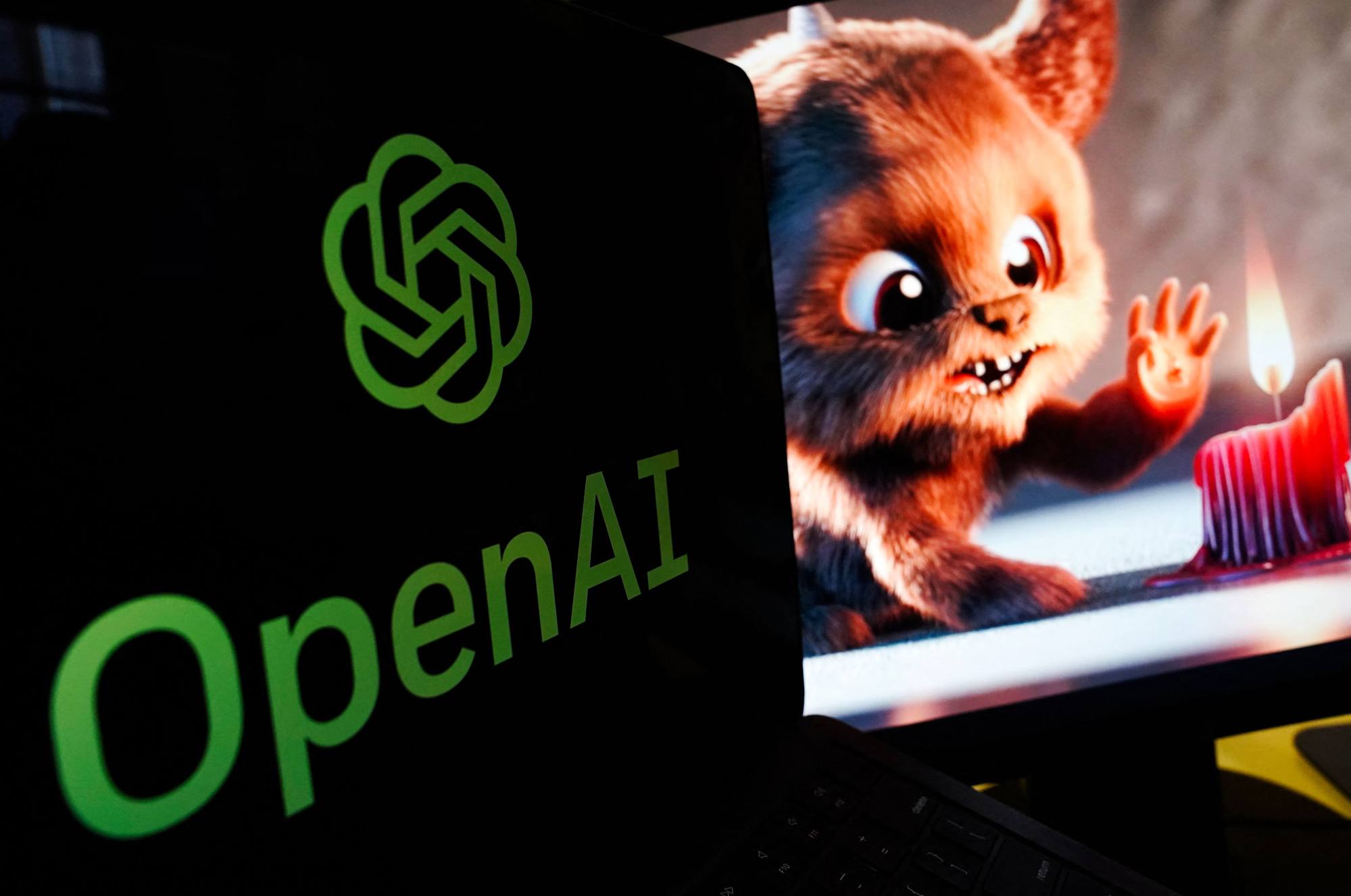Unveiled by OpenAI on February 16, Sora can generate videos up to a minute long, while maintaining visual quality and adherence to a user’s prompt. It is able to generate complex scenes with multiple characters, specific types of motion, and accurate details of the subject and background based on what a user has asked for.
Two of the 13 members of the Sora development team, Jing Li and Ricky Wang Yu, were recently singled out on the mainland for their efforts.
Jing joined San Francisco-based Open AI in October 2022, while Wang has only been with the company for about two months, according to their respective LinkedIn profiles.
Wang graduated in 2013 from NSFZ, the high school affiliated with Nanjing Normal University in eastern Jiangsu province, according to separate reports last week by Modern Express and Yangtze Evening Post, newspapers which are both backed by the provincial government.
“The innovation from Wang and his team has become a hot topic that continues to attract the attention of teenagers, including NSFZ students”, the Modern Express article said.
OpenAI’s Sora pours ‘cold water’ on China’s AI dreams
OpenAI’s Sora pours ‘cold water’ on China’s AI dreams
Jing – one of the principal developers behind Dall-E 3, OpenAI’s most powerful image-generation model – was lauded by his alma mater for being included in Forbes magazine’s 2019 “30 Under 30” list in China and winning the gold medal in the 2010 International Physics Olympiad, according to the Wuhan No 2 High School’s WeChat post.
Chinese entrepreneurs express awe and fear of OpenAI’s Sora video tool
Chinese entrepreneurs express awe and fear of OpenAI’s Sora video tool
Another Chinese developer could be involved in Sora’s development. But there is little information about Guo Yufei, who is also in the primary product team of Dall-E 3.
Xie Saining, an assistant professor of computer science at Courant Institute of Mathematical Sciences at New York University, has denied his involvement in Sora’s development.
In a widely reported social media post, Xie raised the question of whether China is ready for Sora. He said the country should first make sure that the technology “won’t be abused to serve as a profiteering and manipulation tool by some people or groups”.
But the high quality of videos created by Sora, which is not yet available to the public, astounded many observers when the AI tool initially displayed its capabilities online on February 16.
On its website, OpenAI said the current version has weaknesses. “It may struggle with accurately simulating the physics of a complex scene, and may not understand specific instances of cause and effect,” the company said. “For example, a person might take a bite out of a cookie, but afterward, the cookie may not have a bite mark.”








